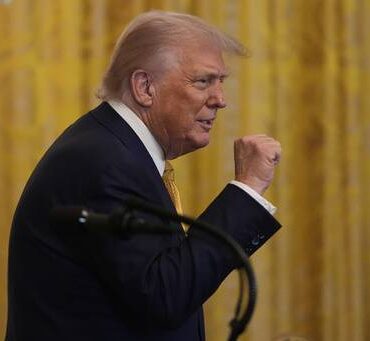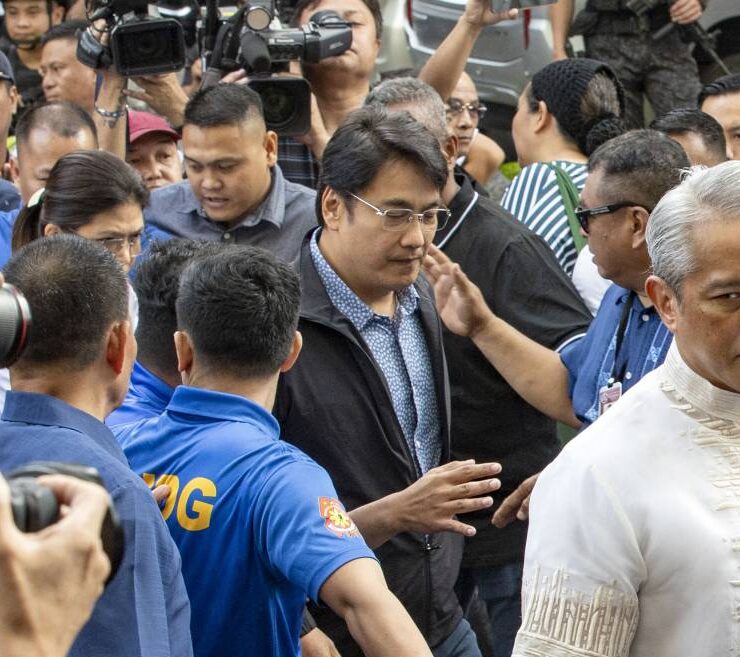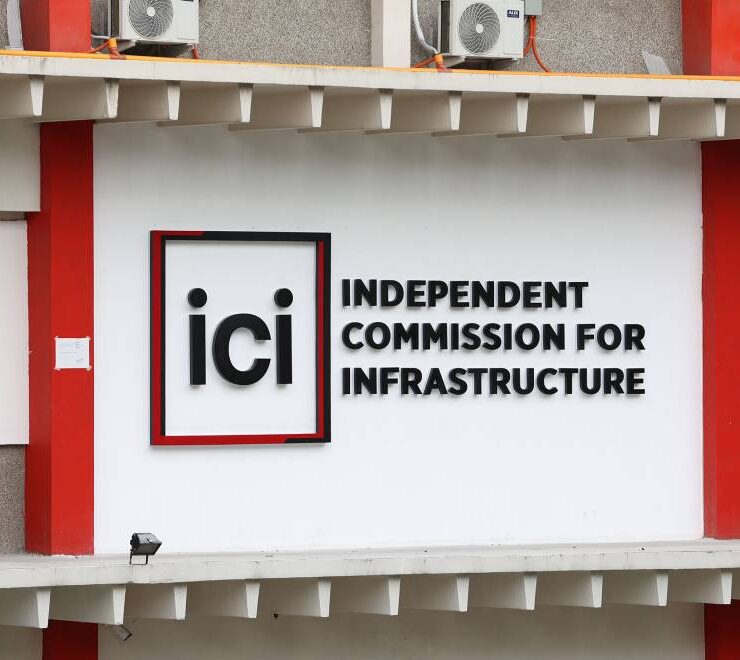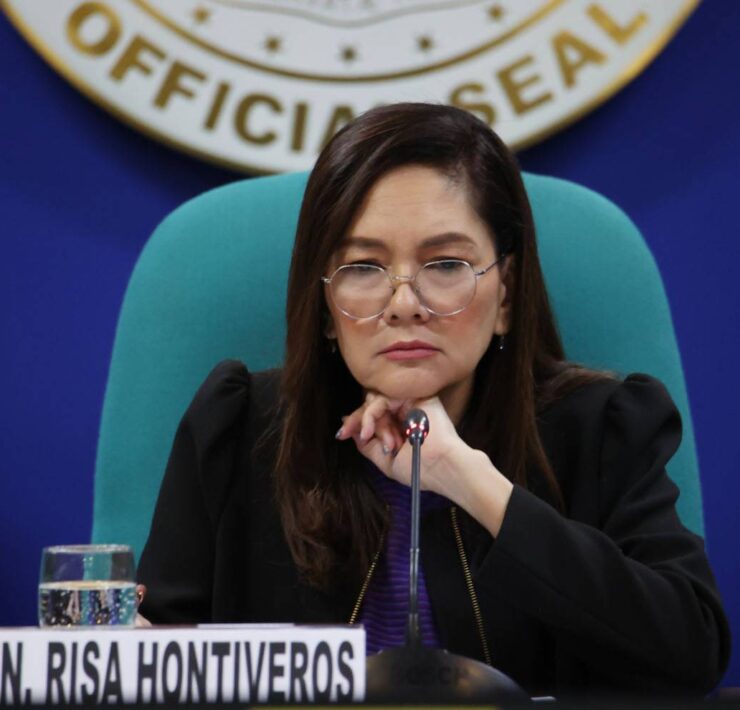Firestorm over impeachment authority

The country’s volatile political situation has been compounded by the recent ruling of the Supreme Court that the impeachment by the House of Representatives of Vice President Sara Duterte was unconstitutional and that the Senate has no jurisdiction to hold an impeachment trial.
The 13-0 decision drew adverse reaction from several members of Congress. Some senators expressed their intention to defy it and continue with the trial as they considered it an infringement of the Senate’s authority to pass upon an impeachment complaint that had already been filed with it.
Some members of the House, from which the complaint emanated, described the ruling as a judicial overreach because it diminishes the chamber’s exclusive power to hold accountable erring key government officers.
What’s more, the otherwise simple impeachment case assumed partisan color because all the justices who concurred with the decision, except one, are appointees of former president Rodrigo Duterte, the Vice President’s father.
The pushback received tacit support from former chief justice Artemio Panganiban and retired associate justices Adolf Azcuna and Antonio Carpio who took issue with the court’s decision that, on close reading of their statements, may be interpreted as a subtle rebuke of some members of the institution they once served with honor and distinction.
Transcendental importance
By tradition, former members of the court refrain, out of courtesy and respect to incumbent justices, from going public with their comments on, much more criticism of, its rulings, if any.
And if they have any such misgivings, they say them in confidence only to their most trusted friends or associates.
The fact that the three former magistrates broke that norm and spoke their mind may be indicative of their grave concern that the ruling, if allowed to stand, could have adverse consequences on the principle of check and balance, which is a significant element in a democratic system of government.
The speed by which the high court decided the case had raised eyebrows considering the significance of the issues involved and the jurisprudence that it would create to guide Congress in future impeachment cases.
The grave implications of the case were admitted by the court when it said: “The resolution of these petitions is a matter of transcendental importance. The Petitions in these consolidated cases raise substantial constitutional questions arising from the impeachment complaint filed against Vice President Duterte. As the second highest official any move to subject her to impeachment carries both legal and institutional consequences.”
Oral arguments
If that were the case, why did the court not call for oral arguments on those issues so they can be ventilated to the public in the same manner that it had done in the past in equally transcendental cases?
As aptly pointed out by Panganiban, “…if the Court had patiently heard Oral Argument on less important problems like the recognition of foreign divorces and PhilHealth petitions, why not on this monumental case?”
It is not as if the government would cease to function or all commercial activities in the country would come to a halt if the high court delayed its resolution for a month or so to give the contending parties the opportunity to argue their positions.
The 20th Congress has just convened to hear the President’s State of the Nation Address, and the two chambers are still in discussion of organizational matters preparatory to the start of their legislative work.
Besides, the Senate had earlier expressed deference to whatever action the court may take on the petitions questioning the validity of the Articles of Impeachment submitted by the House to the Senate.
Judicial overreach
So, why the rush to shoot down the action of a coequal branch of government on an issue that involves the accountability of government officials in the handling of the people’s money?
To maintain the integrity of its standing in government, the House is expected to fight tooth and nail to preserve its constitutional authority to initiate impeachment cases.
It is doubtful if it would allow that authority to be clipped by accepting the court’s instructions on how to conduct impeachment proceedings under the so-called Rule of Just Law, a new American legal concept, that the court cited to justify its educational (nay preachy) involvement in that legislative process.
Judicial overreach is as perilous as abuse of legislative powers.
One final note. The court’s decisions are obeyed because of the perception that they are fair and objective. If that perception is tainted with doubt, disobedience may be possible.





















